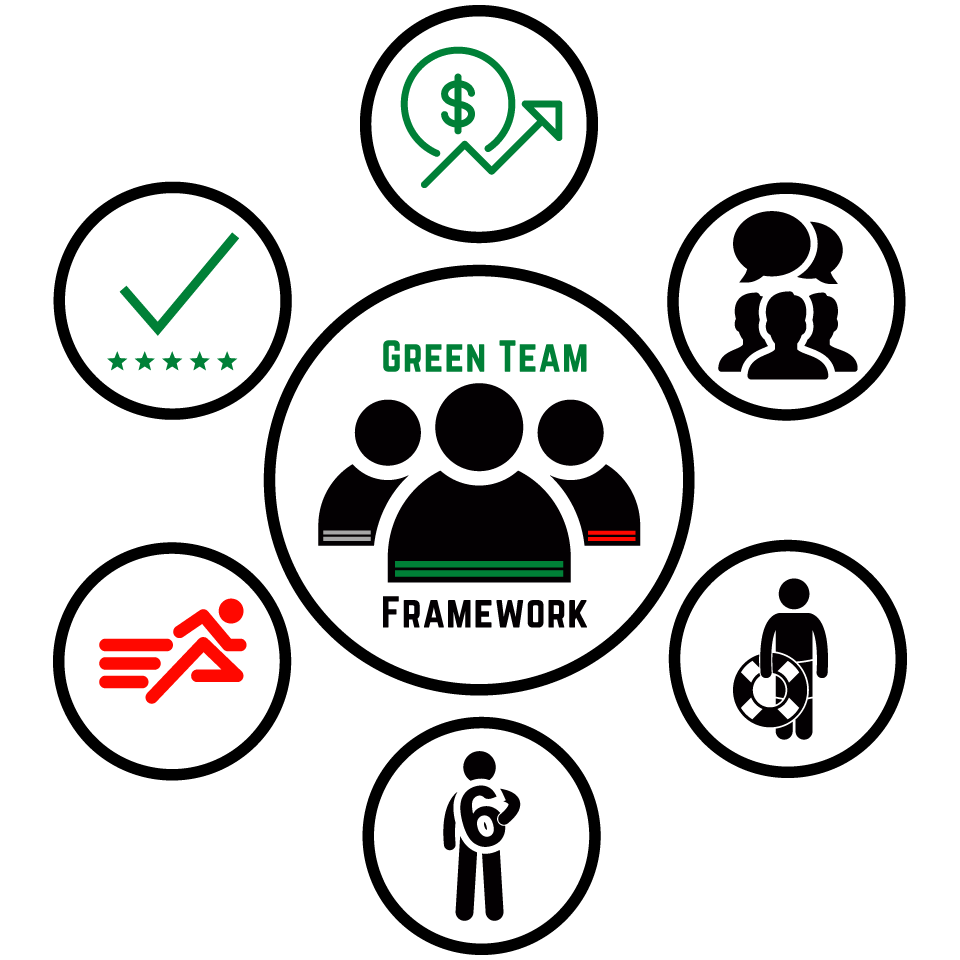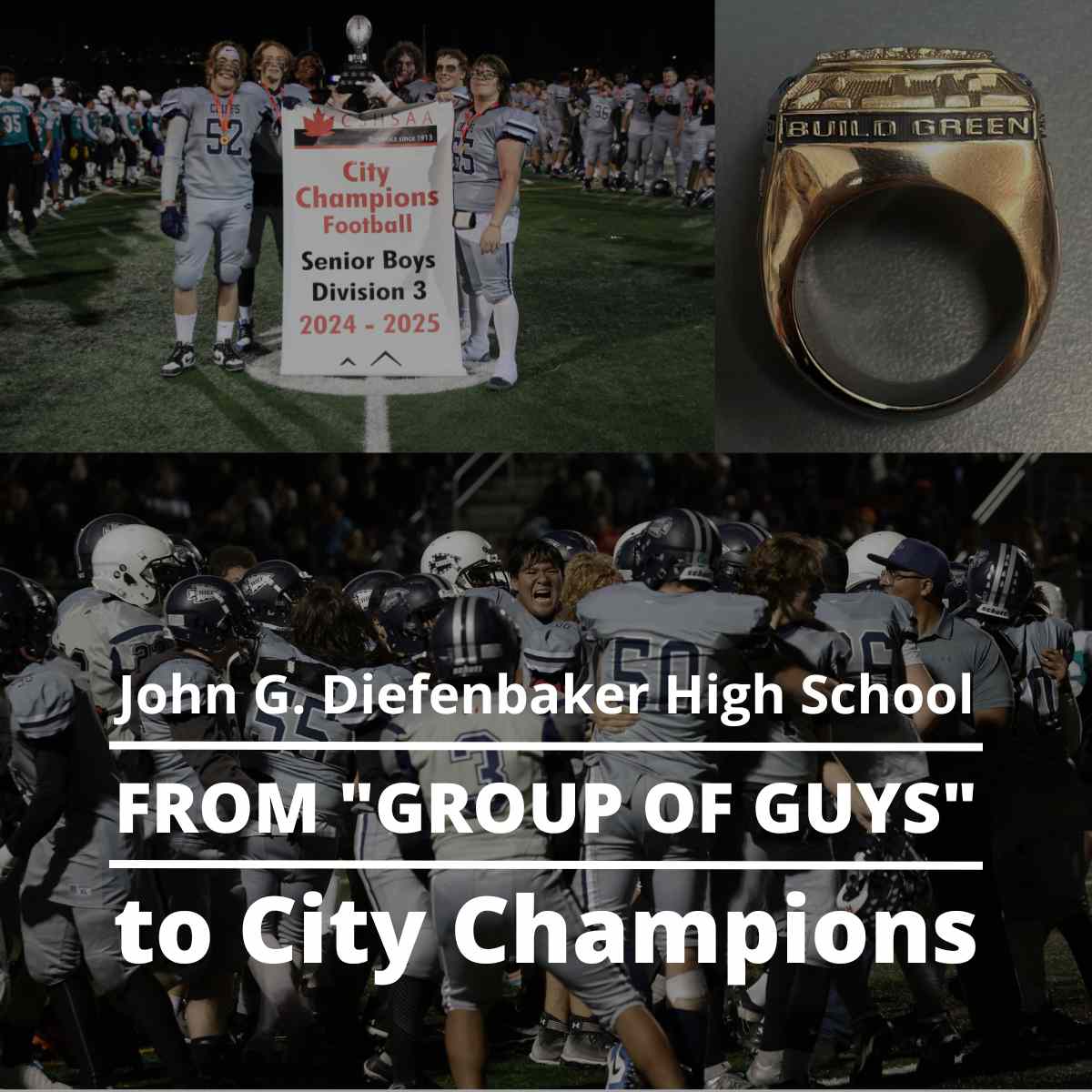Home / Blog / Communication /

We’ll come right out and say it: Communication is one of your team’s most important skills. This is true whether you’re a coach or an athlete. Effective Communication promotes team cohesion, leadership, problem-solving, and decision-making. All things teams need to achieve their goals …WINNING! But what exactly is communication in sports, why is it important, and how can you teach it effectively?
What is Communication in Sports?
To be technical communication in sports is:
- The exchange of information between athletes, athletes and coaches, and between teams
- Communication can be: verbal, or nonverbal
- Communication encompasses everything from instructions to feedback to emotional support
Or simply: It is the way players and coaches tell others what they are thinking, feeling, and what they are going to do.
Why is Effective Communication in Sports Important?
Effective communication in sports is essential for a variety of reasons. Good communication helps athletes develop trust and respect for their teammates and coaches. When coaches communicate effectively, athletes feel heard and supported. That support will boost their morale and motivation.
Effective communication also promotes teamwork and problem-solving. When athletes can communicate effectively, they work together to solve problems and make decisions. This leads to more efficient and successful practices, games, and competitions.
Another added bonus to effective communication is helping athletes develop important life skills. Communication skills learned on the court or field will translate to the rest of an athlete’s life.
How Can You Teach Effective Communication in Sports?
There are several strategies coaches can use to teach effective communication in sports. Here are some ideas you can use:
Set Clear Expectations
Clearly explain your expectations for communication with your athletes. Let them know what kind of communication is expected of them. Mastering the art of communication through our dynamic exercise Sugar and Salt is a great way to establish how your team should communicate.
Be an Example
As a coach, you are the person that your athletes will look to and model their behavior after. Be aware of how you communicate with others, especially in front of your athletes.
You can model good communication skills by:
- Intentionally listening
- Providing constructive feedback
- Being clear and concise in your instructions
- Encouraging open Communication
As the coach, you are able to create an environment that is safe and supportive. Build an environment where athletes feel comfortable expressing their thoughts, feelings, and ideas. Creating a culture of celebration where everyone on the team feels accepted, acknowledged, and appreciated creates open lines of communication.
Be Intentional
Leadership is a skill and like any skill, it can be taught. Great leaders are great communicators. Anything you wish to see exist in your program has to be intentionally taught.
Provide Feedback
Provide regular feedback to your athletes on their communication skills. Let them know what they are doing well and where they can improve.
Practice
Like anything in sports, practice is necessary to improve. Athletes need to get their reps. This is no different. If they don’t practice, when they encounter a tough situation their skill level will not be enough. The same as when facing a better opponent. Your Athletes need to prepare for tough conversations that require good communication skills. Even the strongest communicators can falter when situations get tough. Role-playing tough situations with your athletes is a good tactic for practicing their communication skills before they need to use them.
Conclusion
Effective communication in sports is critical for success, athlete development, and team unity. As a coach, it is your responsibility to teach your athletes how to communicate. Set clear expectations with your athletes. Consistently model effective communication. Encouraging open communication between themselves and you. Use team-building activities to regularly build this skill. Provide feedback that will help your athletes build their communication skills.
Teaching your players effective communication in sports will help you build a winning team. It will also help prepare your athletes to be successful in other areas of their life.
Looking for resources to help teach effective communication to your athletes? Look no further. Our exercise Sugar & Salt will show your athletes how to communicate in challenging conversations. It will teach athletes how to effectively communicate and hold teammates accountable.
Sugar & Salt is part of our Coaches Membership where we have 21 dynamic exercises for improving communication skills for athletes.
Have fun and #LeadEmUp




